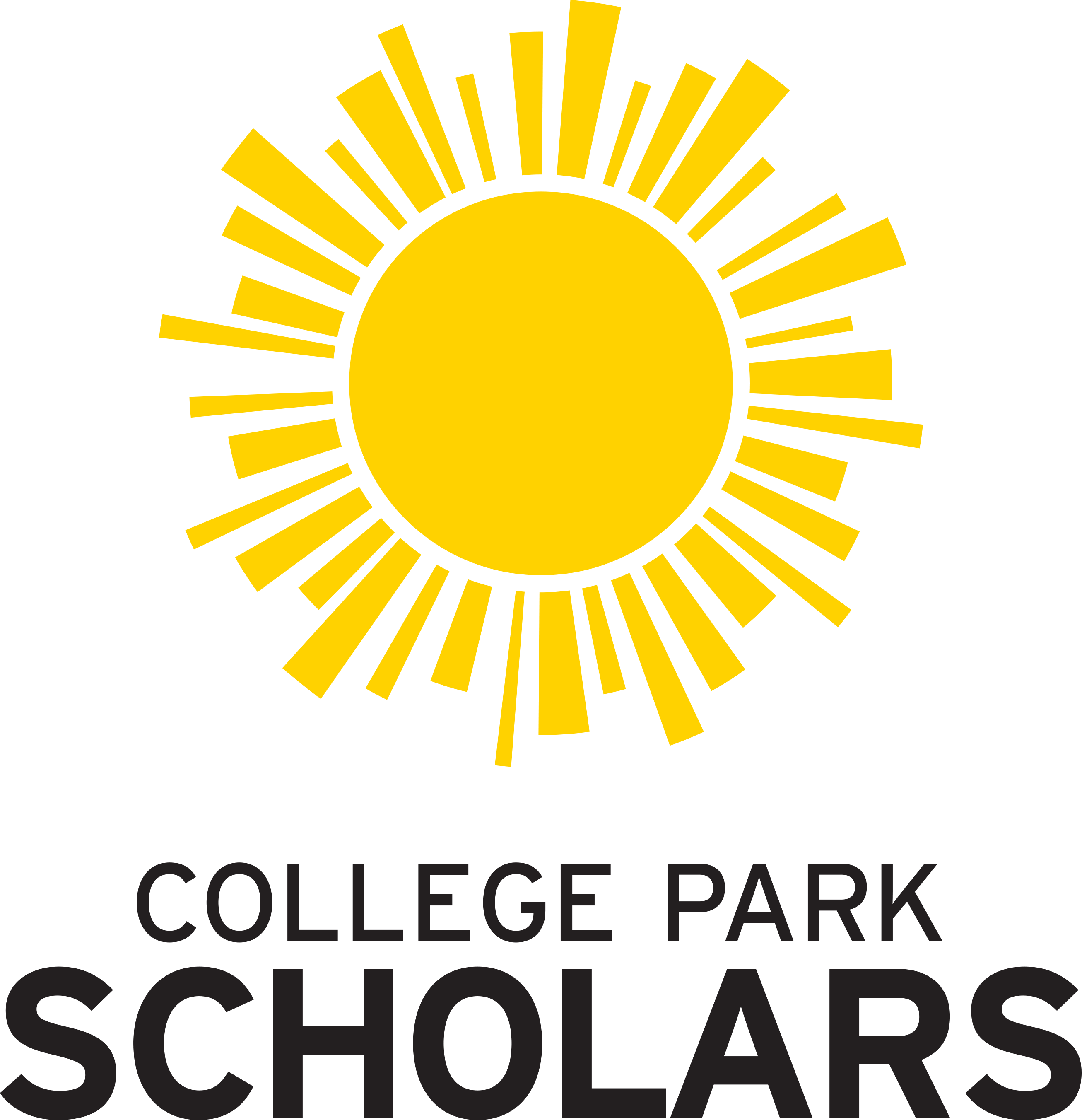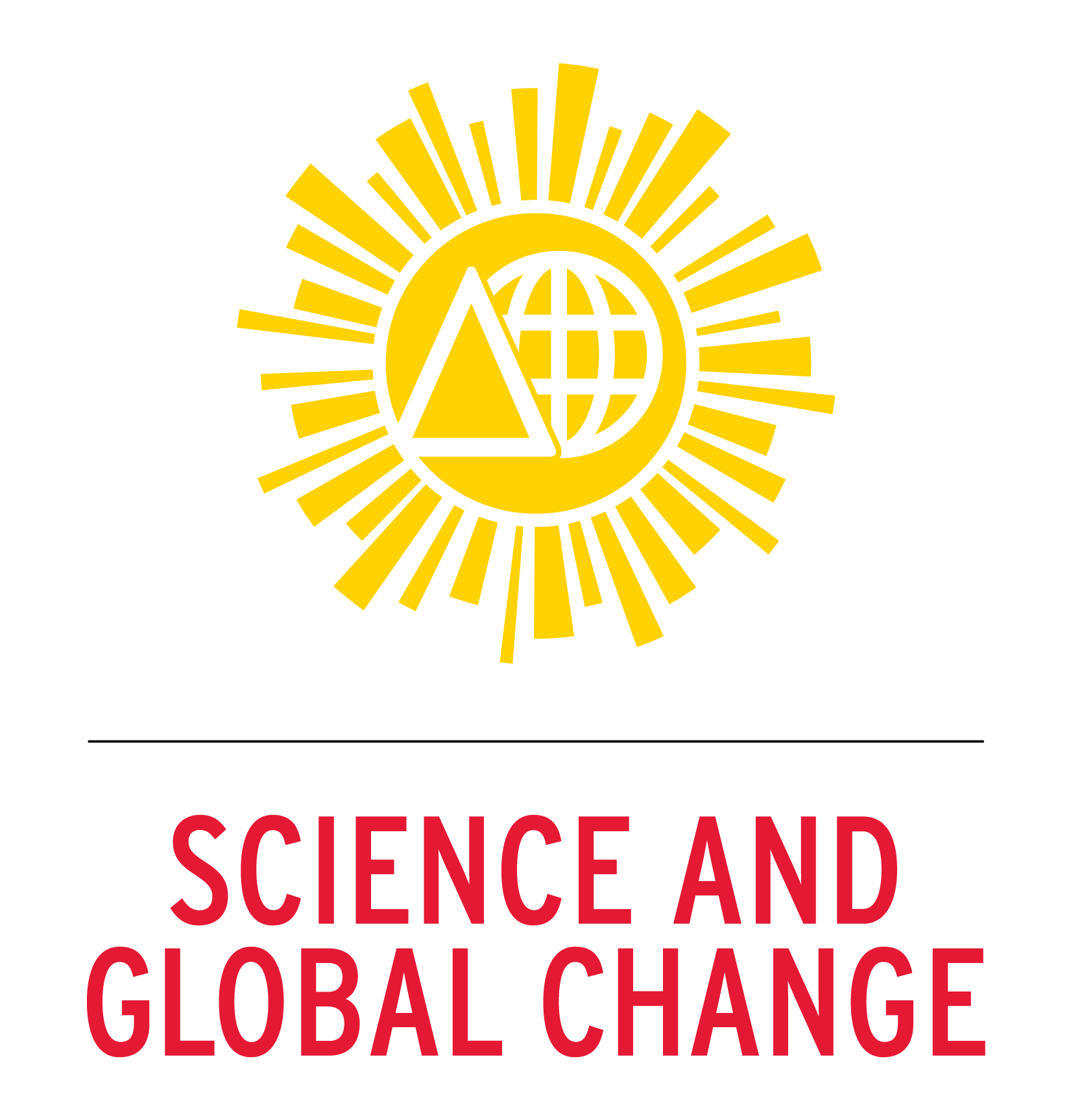Kidus Ayalew Three Semester Review
Due Date: December 9, 2024
Over the last three semesters as a Science & Global Change (SGC) Scholar, I’ve come to appreciate the interconnectedness of science and society in ways that I don’t believe would have been possible without this program. The focus on the Science of Nature and the Nature of Science has not only deepened my understanding of scientific practice but also enhanced my ability to engage critically with global issues like climate change. This experience has been transformative, encouraging me to apply scientific principles to everyday decision-making and preparing me to think strategically about resilience in a rapidly changing world.
One example of employing the hypothetico-deductive method outside the SGC colloquium was in a computer science course, where I developed a search algorithm to solve mazes. I hypothesized that a depth-first search would be more efficient than a breadth-first search in exploring a graph representing a maze with a single solution. To test this, I implemented both algorithms, ran them on various mazes, and analyzed their performance in terms of time complexity and memory usage. The results showed that while depth-first search used less memory, it was less consistent in finding the shortest path. This experience mirrored SGC’s emphasis on testing hypotheses, analyzing data, and iterating on solutions based on evidence. The skills I developed through SGC prepared me to approach this problem with a structured and methodical mindset, highlighting the applicability of the scientific method in diverse disciplines.
A notable example of logical fallacies occurred in the context of sports betting discussions in 2024. One prominent fallacy was the gambler’s fallacy, where bettors believed that a team was “due” for a win because they had lost several games in a row, assuming past outcomes influenced future results in a random system. Another example was confirmation bias, where fans selectively focused on data that supported their preconceived notions about a player or team, ignoring contradictory statistics. My SGC experience in critical thinking and analyzing evidence helped me identify these errors and understand the importance of approaching decisions with a data-driven perspective. Applying skills from SGC, I was able to explain to others why random events don’t have a “memory” and emphasize the role of probability and objective analysis in sports-related discussions. This highlighted the value of critical thinking skills in practical, real-world scenarios.
Looking ahead, I believe the skills and insights gained from SGC will inform my academic and professional journey. The emphasis on evidence-based decision-making and resilience will be invaluable as I pursue advanced studies and a career in sustainable technology. Whether designing innovative solutions or advocating for policies that mitigate global change, I expect to draw on the lessons, methods, and experiences from SGC to navigate and address complex challenges.


